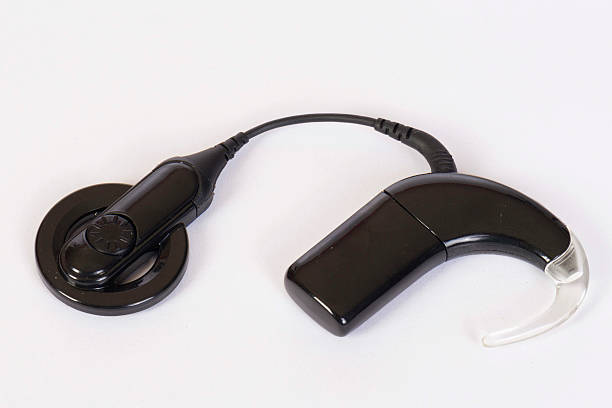
Few things can be compared to losing your hearing. While we all may experience a degree of hearing loss as we age, being deaf from a young age is something different. People who experience severe hearing loss become disconnected. They may feel as if the world around them has been pulled from them.
Especially for young children, the profound effects of deafness cannot be overstated. Without proper treatment, developmental delays can occur. Social stigmas can grow. Life, on a daily basis, may become severely difficult.
Fortunately, there are viable solutions. So-called cochlear implants have helped numerous people across the world who are severely hard of hearing.
Are these cutting-edge electronic devices right for you?
Here are the main pros and cons when considering cochlear implants.
Con: Does Not Actually Return Hearing
The cochlear implant is both an external and internal device, with various parts that work together to represent the sounds of the environment. Technically, the implant does not return normal hearing. Rather, it uses a microphone, transmitter, electrode, and speech processor to simulate normal hearing.
Users of cochlear implants may take some time to learn how to make sense of sounds. Because it is not normal hearing, some aspects of discerning sound may never return.
RELATED: 10 Questions To Ask Your Doctor About Cochlear Implants
Pro: Useful for All Ages, Especially Children
Approved by the FDA in the 1980s, cochlear implants are suitable for adults of all ages as well as children as young as 12 months old. Research indicates that cochlear implants for young children can make a major difference in their development.
By simulating the world of sound, the implant gives children critical opportunities for language and speech skills. Children who receive the implant at an older age may experience more difficulty in acquiring these skills.
Studies indicate that when children receive the implants before one and a half years old, they have a higher likelihood of succeeding in mainstream life. From interactions with peers to music comprehension and classroom learning, the benefits can be significant.
Con: Intensive Therapy Is Required
Contrary to common belief, cochlear implants are not one-and-done surgical procedures. Once the device is implanted, the user has to








